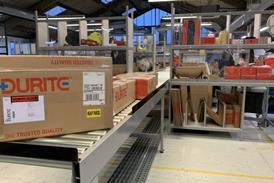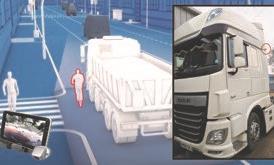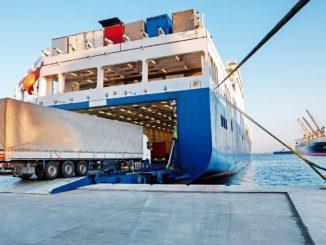
Post-Brexit checks on goods crossing the Irish Sea into Northern Ireland may be reduced to a “couple of lorries a day” according to the European Union’s Brexit chief, Maroš Šefčovič.
The move is seen as an olive branch which has been offered by the EU in order to get the UK back to the negotiating table to solve the ongoing dispute over the level of post-Brexit checks hauliers face at the Northern Ireland ports.
Šefčovič said physical checks would be made only “when there is a reasonable suspicion of illegal trade smuggling, illegal drugs, dangerous toys or poisoned food”.
The border checks are part of the Northern Ireland protocol and were designed to avoid a land border between the UK and the EU on the island of Ireland.
However, the level of checks and related delays to deliveries has been met by opposition from the UK government and Northern Ireland Unionists.
Speaking to the Financial Times, Šefčovič said there would be hardly any difference between the UK’s demand for “no checks” and the EU’s offer of “minimum checks, done in an invisible manner”.
Read more
- Logistics UK demands review of Northern Ireland protocol in meeting with government
- Northern Ireland border rules row continues
- Fears of trade meltdown if Northern Ireland border solution is suspended
He added that the border between Great Britain and Northern Ireland would be made invisible if the EU had real-time access to data on goods entering the country to enable officials to stop suspicious vehicles only.
According to the FT, UK sources complain that they have built a system to give access to such data to the EU but Brussels has yet to use it. They have also argued that half a dozen or more customs officials are operating in Belfast with little to do, proving the lack of rogue activity.
Šefčovič’s comments will be seen as an attempt to appease the UK, which has threatened to unilaterally scrap all checks as a way of ending the dispute.
The UK is facing seven legal actions brought by the EU after it abandoned some of the checks mandated in the protocol. The UK is required to give a formal response by Thursday 15 September.
The UK has yet to ask for a further delay to the deadline and there has been speculation the UK government would use this deadline to trigger Article 16 to scrap all barriers, including the bar on the sale of trees, potato seeds and other farm produce from Great Britain in Northern Ireland.
However, since the death of the Queen, this is deemed less likely to happen, as government business has been scaled down during the period of mourning.



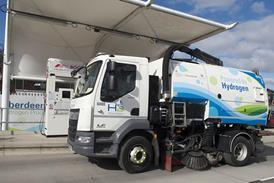


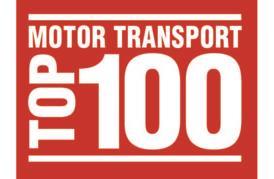


![Mercedes-Benz_eActros_600_(1)[1]](jpg/17820_mercedesbenz_eactros_600_11_978080.jpg)

